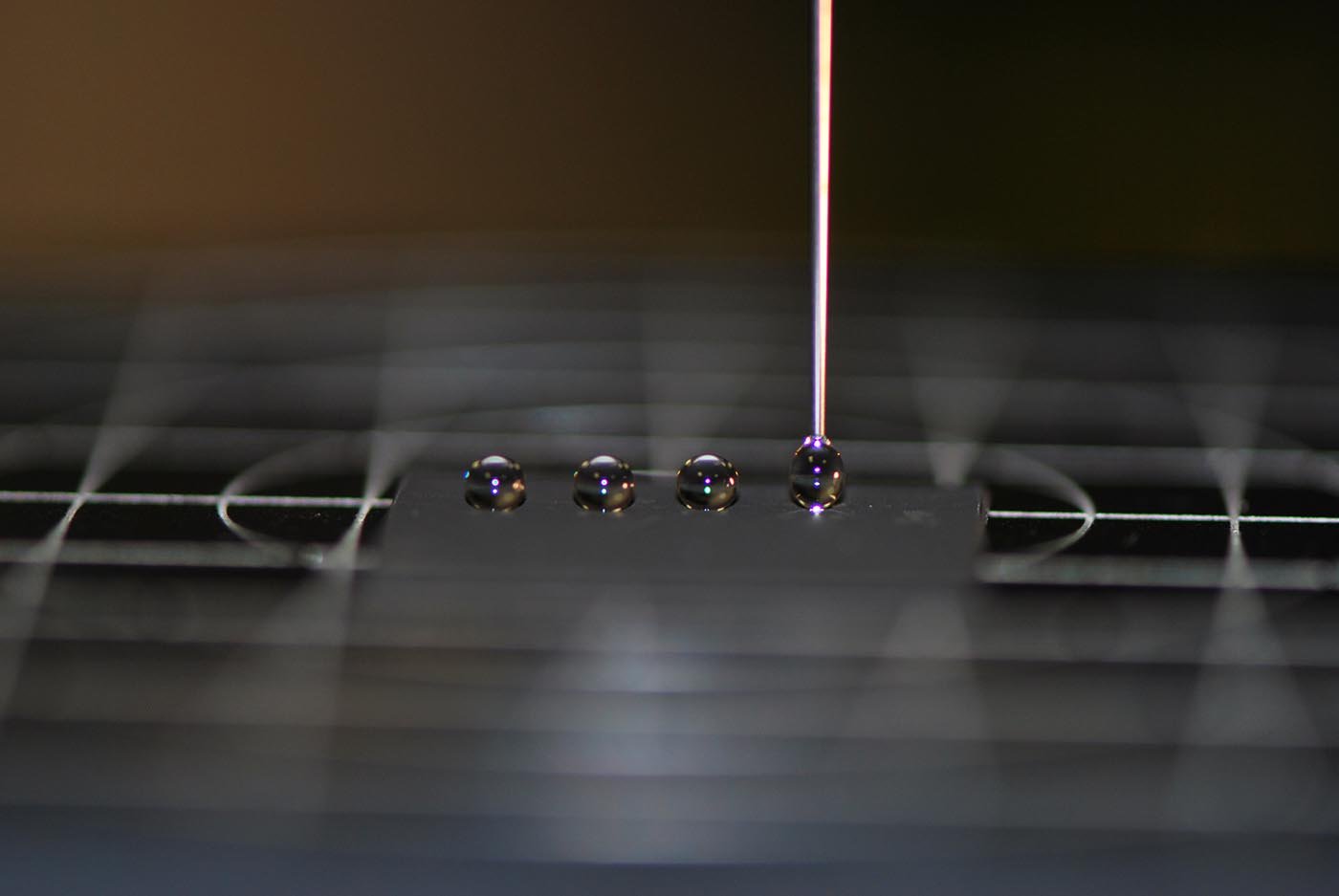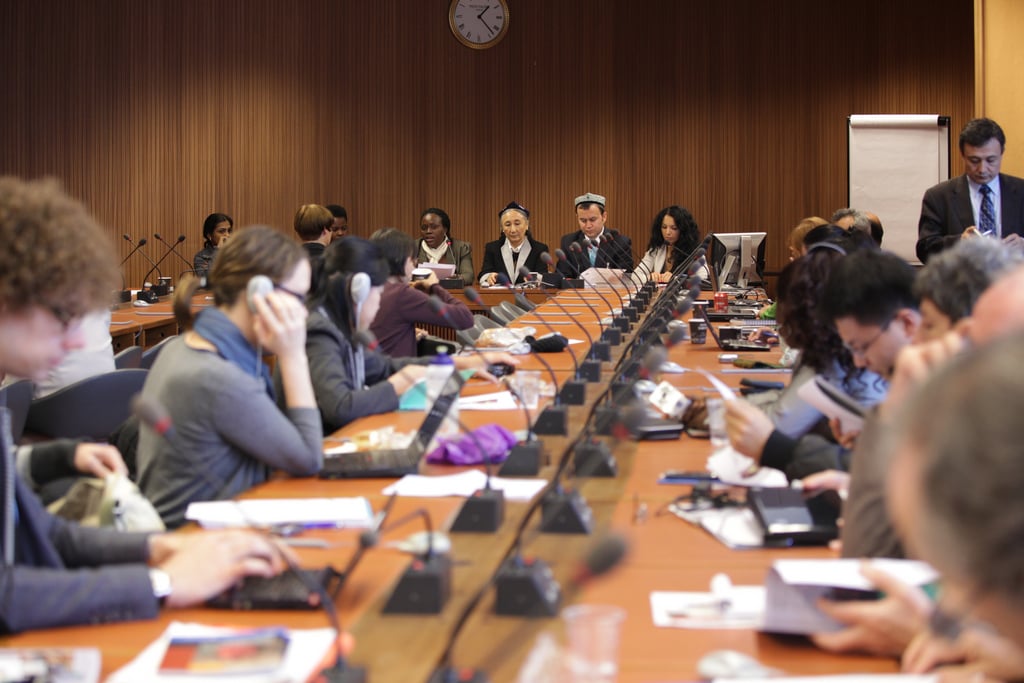Bacteria keep us healthy – but could they keep us young?
By Gareth Willmer A study in mice has indicated that the make-up of bacteria in the gut is linked with learning abilities and memory, providing a potential avenue of research into how to maintain cognitive functioning as we age. It’s part of a field of research looking at the link between gut bacteria and ageing … Read more






